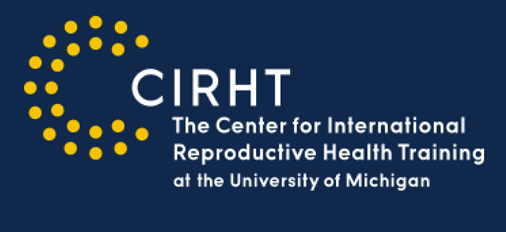Speakers
Description
1Bong Wobenso Jessica Grace, 123Fouedjio Jeanne Hortence
1Faculty of Médicine and Pharmaceutical Sciences of the University of Dschang, Cameroon
2Gynecology and Obstetrics Department of the Central Hospital of Yaoundé, Cameroon
3Department of Gynecology and Obstetrics, Faculty of Medicine and Biomedical Sciences, University of Yaoundé 1, Cameroon
Correspondence: Bong Wobenso Jessica Grace; +237 695321036; jessybongwobenso@gmail.com
Background : early pregnancy is a pregnancy occurring in a girl aged between 10 and 19 years. It is a public health problem because it is linked to numerous maternal -fetal consequences, hence the interest in conducting this study, the general objective of which was to determine the prevalence and factors associated with early pregnancies in the Dschang Health District.
Method : our study was a two-part cross-sectional study (descriptive and analytical) in the Dschang Health District over a period of 3 months. All pregnant or previously pregnant adolescents were included as cases and sexually active adolescents as controls. Sampling was random and stratified into clusters. After obtaining ethical clearance, data were collected from a pre-tested questionnaire and analyzed using the Statistical Package for Social Sciences version 23 software.
Results : of the 563 adolescent girls surveyed, 57 had experienced early pregnancy, representing a prevalence of 10.1%. The associated factors after multivariate analysis were having sexual intercourse before the age of 17, [aOR =2.48; 95% CI (1.21-5.07),p=0.013]; non-use of contraceptive methods, [aOR =2.51; 95% CI (1.03-6.16),p=0.044]; early marriage, [aOR =2.2 1; 95% CI (1.08-4.50),p=0.029]; having multiple sexual partners, [aOR =2.4 2; 95% CI(1.18-4.97),p=0.016]; lack of sexual education, [aOR=2.80; 95% CI(1.41-5.54),p=0.020] and knowing other methods to avoid pregnancy [aOR=3.80; 95% CI (1.16-12.47),p=0.028].
Conclusion : the high prevalence demonstrates the urgency of the problem in our context. Since several modifiable factors are associated with it, we propose strengthening prevention policies, appropriate sexual education, and access to reproductive health services for adolescent girls.
Keywords : sexual and reproductive health, adolescent, pregnancy.


